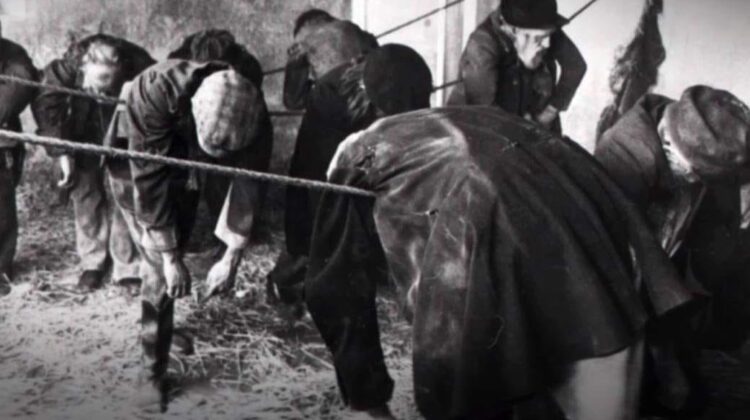
We’ve all been acquainted with the concept of a hangover at some point in our lives, that familiar aftermath of a night out or a few too many drinks. Yet, have you ever wondered about the etymology of this ubiquitous term? A recent meme on social media prompted us to delve deeper and uncover the intriguing history behind the word “hangover.”
Intriguingly, it appears that the term “hangover” has roots that extend beyond the realm of alcohol-induced headaches and nausea. Venture back to Victorian England, and you’ll discover a phenomenon known as the “two-penny hangover,” a term that gained notoriety among the homeless population of the era. This colloquial expression was so prevalent that it even found its way into the literature of that time.
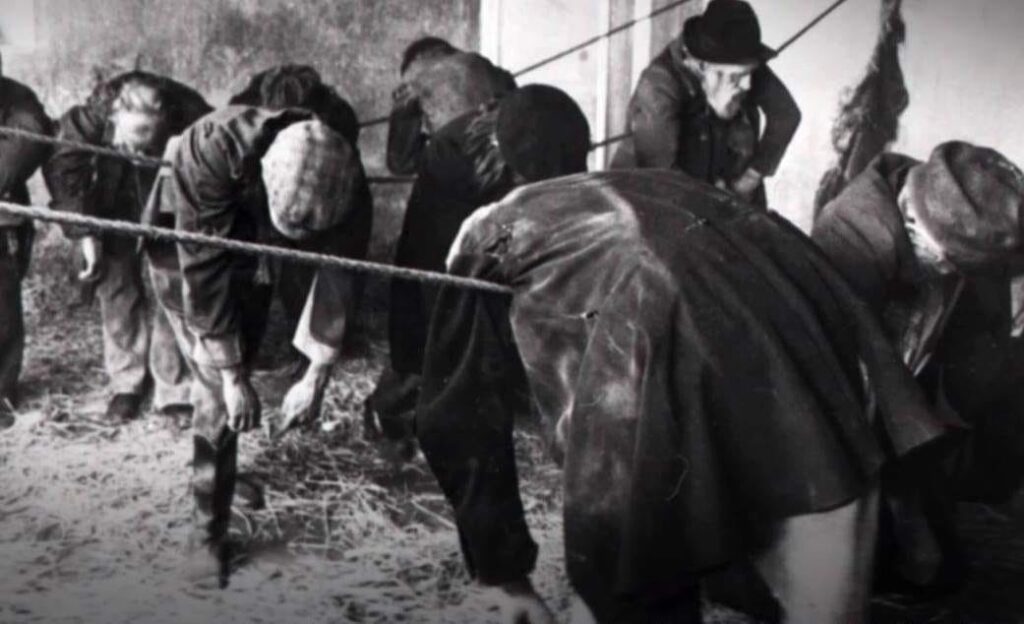
Contrary to what one might assume, the “two-penny hangover” had nothing to do with the cost of a night out or the price of overindulgence. Instead, it referred to a place where individuals facing homelessness and destitution, particularly those residing in major cities during this period, could seek refuge and respite for the night.
Imagine being a person living on the streets, having scraped together a few pennies during the day. Your options for nighttime accommodation depended on your budget: a solitary penny would secure you a spot to sit, two pence would grant you access to a “hanging-over” spot, and for four to five pennies, you could secure a coveted lying-down spot.
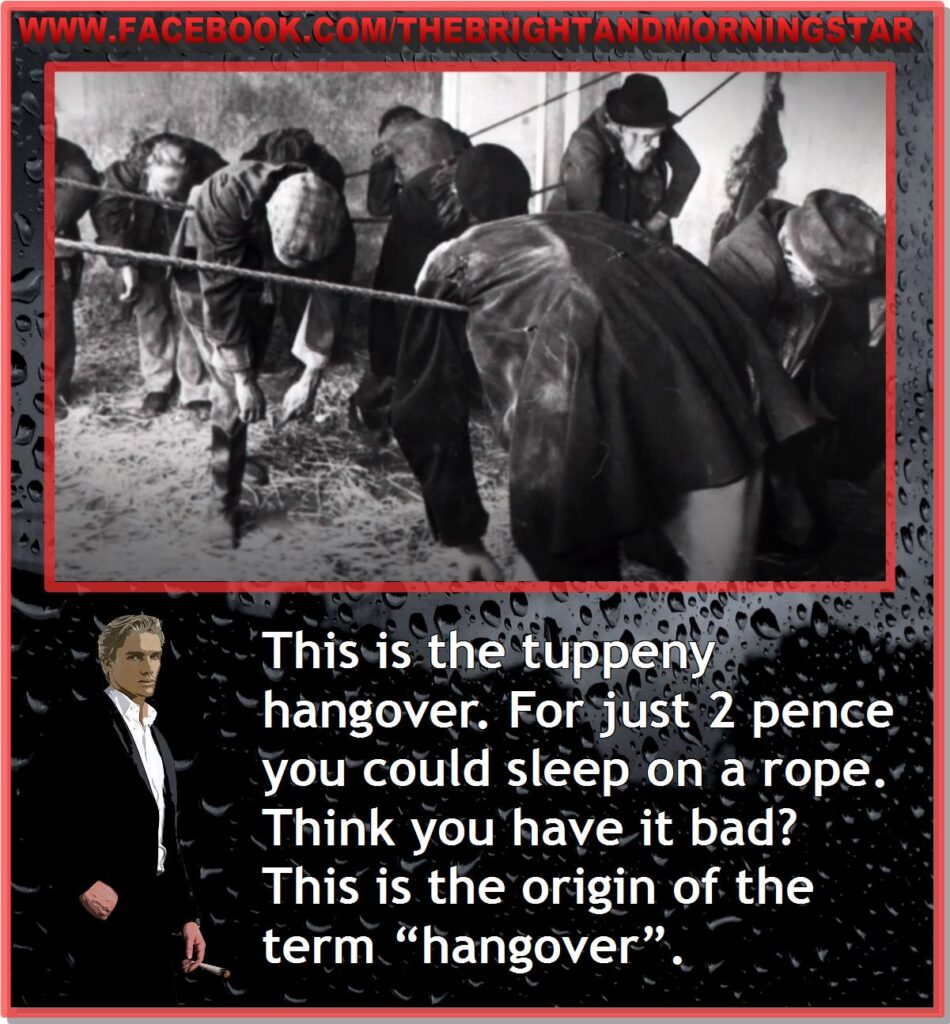
The lodgings offered minimal comfort, with unheated rooms and a practice whereby the caretaker unhooked the rope holding the lodgers in place at the ungodly hour of 6 a.m. It was not uncommon for someone, after a frigid night, to fail to rise in the morning, their life tragically frozen away. George Orwell’s account in “Down and Out in Paris and London” in 1933 vividly describes the conditions: “At the Twopenny Hangover, the lodgers sit in a row on a bench; there is a rope in front of them, and they lean on this as though leaning over a fence. A man, humorously called the valet, cuts the rope at five in the morning.”
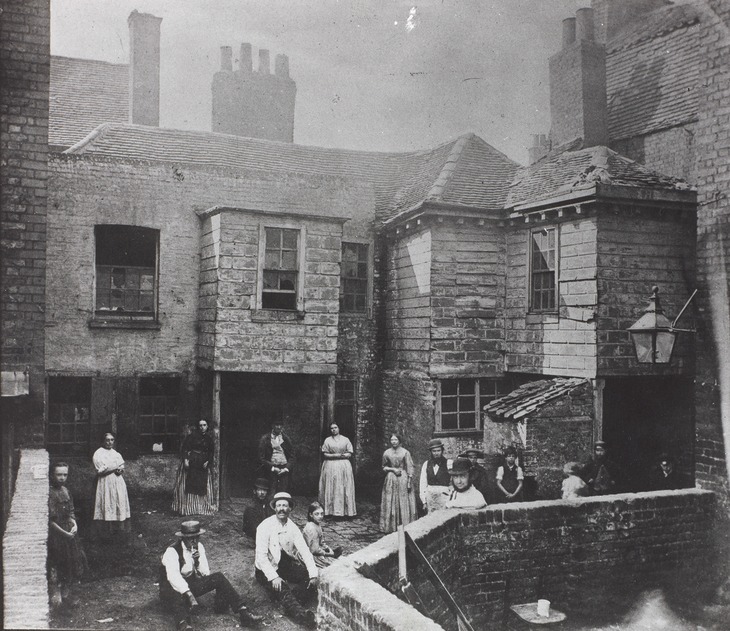
Remarkably, this concept of the “twopenny hangover” is not exclusive to Orwell’s account, with references dating back a century earlier in Honoré de Balzac’s “The Magic Skin.” Balzac alluded to the practice, describing, “We … made it a point of honour to find out whether you were roosting in a tree in the Champs-Elysées, or in one of those philanthropic abodes where the beggars sleep on a twopenny rope.”
The link between the “twopenny hangover” and the contemporary meaning of “hangover” is striking, as Orwell himself used the term to explain the concept. However, when delving into the historical context, it becomes apparent that “hangover” originally conveyed something lingering or enduring—a consequence or remnant—of intoxication, rather than someone physically suspended over something.

Furthermore, this intriguing term may also be the precursor to the expression “able to sleep on a clothesline,” signifying an extreme level of exhaustion where one could sleep anywhere, although a definitive connection remains uncertain.
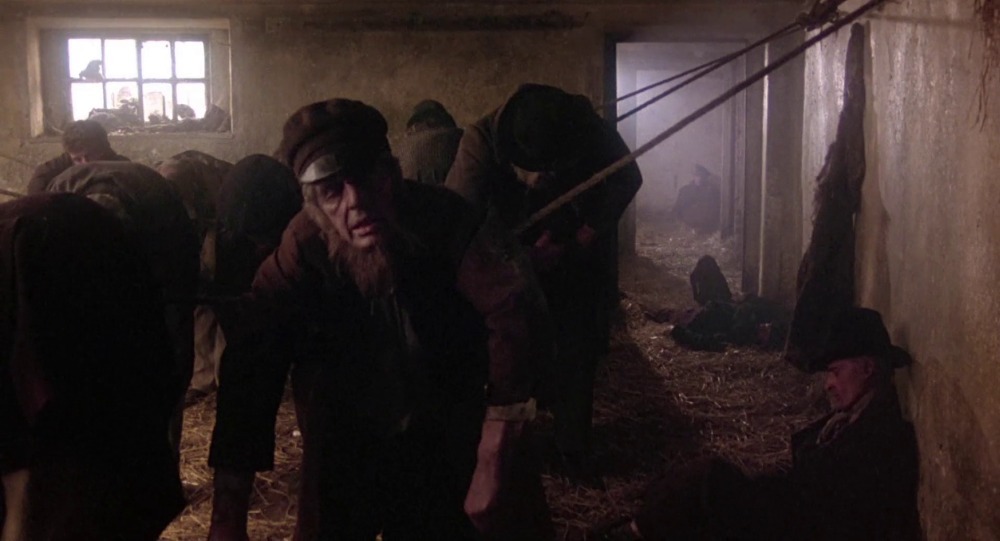
In unraveling the rich tapestry of linguistic history, the term “hangover” reveals its origins as a testament to the endurance of language, embodying a fascinating journey from the two-penny refuge to the more familiar post-party discomfort we associate with it today.

Leave a Reply